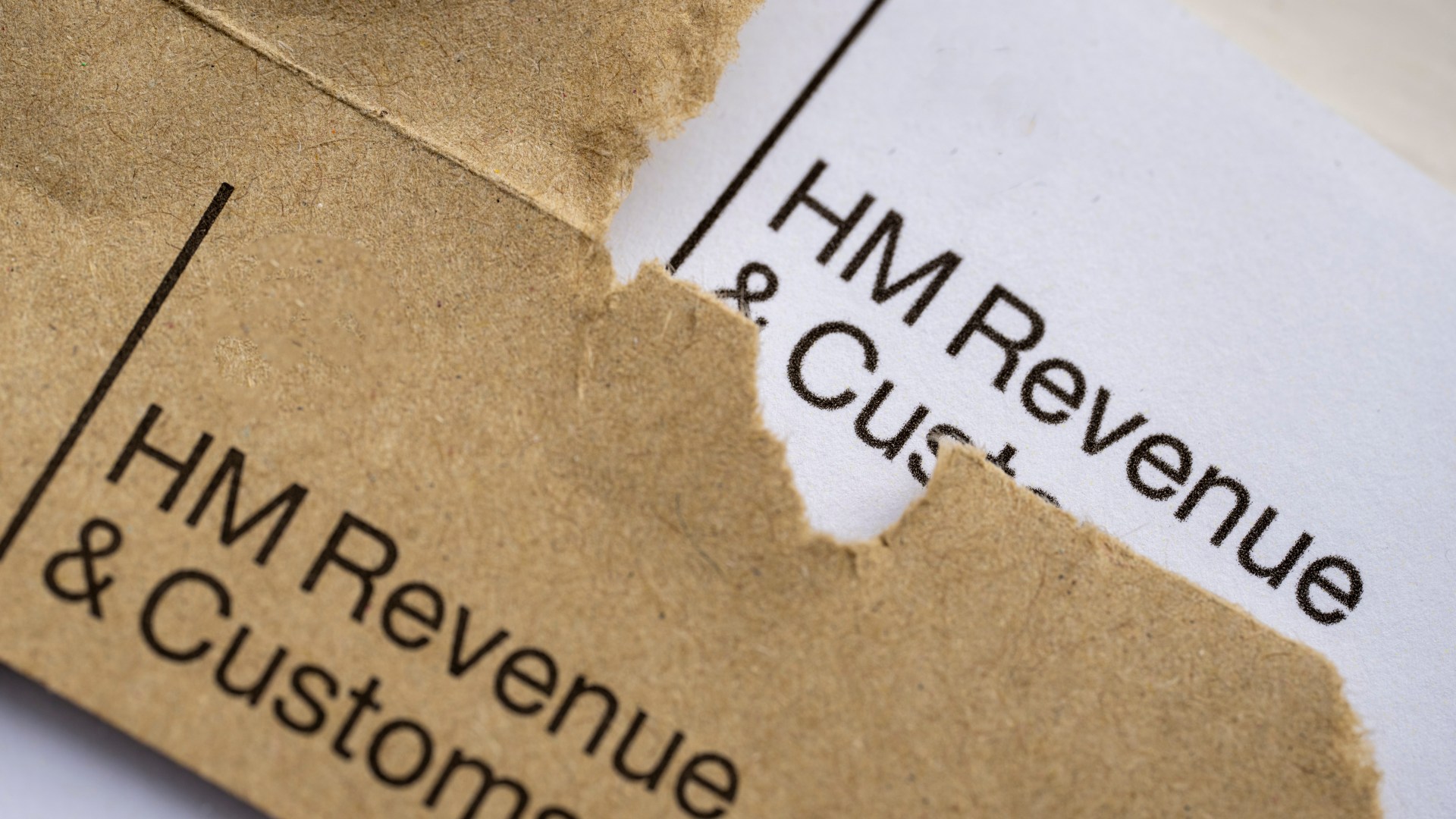Business
HMRC Resumes Direct Bank Debt Recovery for Tax Defaulters

The UK’s tax authority, HMRC, has reinstated its policy allowing direct recovery of debts (DRD) from taxpayers’ bank accounts. This controversial measure enables HMRC to withdraw funds directly from accounts of individuals who owe taxes and have the financial means to pay but choose not to. The decision follows a pause during the pandemic and is now being implemented in a “test and learn” phase.
Under the new guidelines, HMRC can take money directly from a debtor’s bank account or cash ISAs. This action applies only to those with outstanding debts of £1,000 or more. Importantly, debt collectors are required to leave at least £5,000 in the account to ensure individuals can cover essential expenses such as mortgages and household bills.
The policy is designed with several safeguards. Action will only be taken against individuals with established debts who have ignored previous communications from HMRC. Furthermore, anyone disputing their debt has an automatic right to appeal.
HMRC stated, “The vast majority of taxpayers pay their taxes in full and on time, but a minority choose not to pay, even though they have the means to do so.” This statement underscores the authority’s commitment to targeting those who opt out of fulfilling their tax obligations.
Dawn Register, a tax dispute resolution partner at BDO, noted that the government’s approach reflects the pressing need to bolster public finances. “Given the pressure on public finances, it’s clear that HMRC is determined to get tougher on those who can pay but don’t pay,” Register commented. She advised individuals experiencing financial difficulties to explore “time to pay” options, allowing them to settle debts in manageable installments.
The announcement coincides with government efforts to address a significant shortfall in public finances, estimated at £50 billion. Chancellor Rachel Reeves is advocating for measures to recover taxes owed, while additional powers are set to be granted to banks to help identify benefit fraud. This new initiative aims to save taxpayers approximately £1.5 billion over the next five years.
From April 2024, banks will play a crucial role in identifying customers who may breach eligibility for benefits, such as exceeding the £16,000 savings limit for Universal Credit. However, banks will only share limited data with the DWP, ensuring that transaction details remain confidential.
In a related development, HMRC has begun utilizing artificial intelligence to monitor social media posts, searching for evidence related to tax evasion. A spokesperson from HMRC clarified that these tools are employed strictly for criminal investigations and are not intended to affect the average taxpayer.
As HMRC resumes its direct recovery policy, the agency emphasizes the importance of balancing assertiveness with support for those genuinely struggling financially. The reinstatement of DRD reflects the ongoing commitment to ensure tax compliance while recognizing the challenges faced by many taxpayers.
-

 Health3 months ago
Health3 months agoNeurologist Warns Excessive Use of Supplements Can Harm Brain
-

 Health3 months ago
Health3 months agoFiona Phillips’ Husband Shares Heartfelt Update on Her Alzheimer’s Journey
-

 Science1 month ago
Science1 month agoBrian Cox Addresses Claims of Alien Probe in 3I/ATLAS Discovery
-

 Science1 month ago
Science1 month agoNASA Investigates Unusual Comet 3I/ATLAS; New Findings Emerge
-

 Science4 weeks ago
Science4 weeks agoScientists Examine 3I/ATLAS: Alien Artifact or Cosmic Oddity?
-

 Entertainment4 months ago
Entertainment4 months agoKerry Katona Discusses Future Baby Plans and Brian McFadden’s Wedding
-

 Science4 weeks ago
Science4 weeks agoNASA Investigates Speedy Object 3I/ATLAS, Sparking Speculation
-

 Entertainment4 months ago
Entertainment4 months agoEmmerdale Faces Tension as Dylan and April’s Lives Hang in the Balance
-

 World3 months ago
World3 months agoCole Palmer’s Cryptic Message to Kobbie Mainoo Following Loan Talks
-

 Science4 weeks ago
Science4 weeks agoNASA Scientists Explore Origins of 3I/ATLAS, a Fast-Moving Visitor
-

 Entertainment4 months ago
Entertainment4 months agoLove Island Star Toni Laite’s Mother Expresses Disappointment Over Coupling Decision
-

 Entertainment3 months ago
Entertainment3 months agoMajor Cast Changes at Coronation Street: Exits and Returns in 2025









